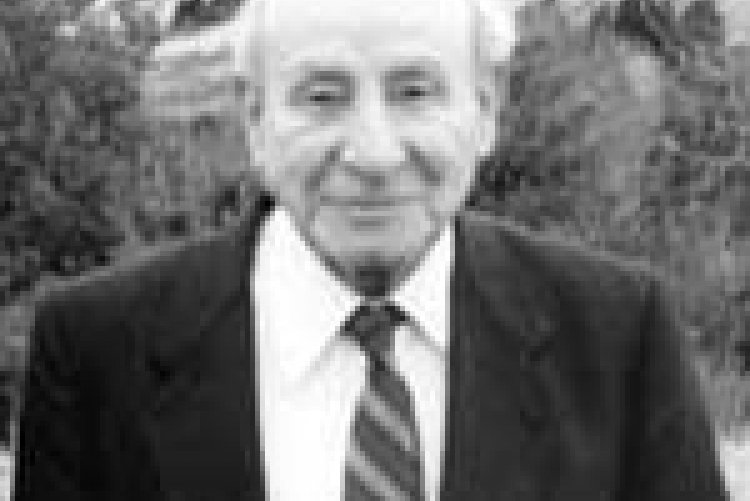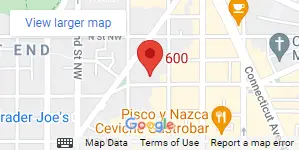Heroes and giants amongst us come from near and from afar, across time and space, big and small. They respond to a calling often only they seem to hear and see, while resonating to those needs and aspirations fewer still hold high and dear. They see beyond the tear and hear beyond the fear. They see hope where many see despair, tire, and futility. They love when love becomes scarce, impure, and mobile. It has been said that a teacher (“ustaz”) is almost a prophet; this is one of those few precious, archaic sayings that must be true.
Ustaz Fahim, I first met you with that same big smile I see today in my mind’s eye. Little I knew though of the big heart that big smile belonged and returned home to, day after day, after every success and every failure, and after every seed of hope tucked in and lullabied. Little I knew that I was in the presence of a hero we now celebrate – forgive me, Ustaz. What I unmistakably saw also was a man who belonged, a man who cared. A man filled with paternal care, with its sweet but tough tenderness. A man who traversed both holy and less-than-holy lands, and who saw holy and less-than-holy injustices. A man who saw wrong as transient, and right as inevitable as this celebration, this passing, this moment.
Fahim, your journey was long and arduous. On those parts that I have had the pleasure and honor of witnessing and interacting with you, they seemed alive, colorful, and purposeful. In and through those fleeting encounters-reflected in your eyes, I could see the color of hope. Where black and white no longer dominated, no longer dictated. They became like the others – mere colors. Hope has a color after all, I was taught by Ustaz Fahim. A color like no other, however. For hope is seeing hope after the dream. Hope is knowing the road continues after the turn which we cannot see. Beyond the distances which we cannot travel. Beyond the time which we cannot survive. Beyond the hearts which we cannot soften. And, beyond the many injustices which we cannot understand.
Fahim, you have achieved what many of us can only dream of. When Gibran asked, “What destiny will the giants bring the world at the end of their struggles?,” he was asking you, Ustaz Fahim; for you, like giants do, have changed the lives of many. You have made real what was not. You have made alive what was not. You have given so much and shared so dear. For us, the disinherited, whether here in this mahjar or another, you have written the chapter in our enduring saga on love, dedication and vision, amid the rubbles of disinheritance and despair. Ustaz Fahim, we now understand, “fahmein,” like you did. We now feel like you did. We now see like you did. This hope that you have breathed life onto, yet once again, cannot but go on, just like that legacy that is “Fahim Qubain.”
Nasser Barghouty
May 6, 2012


